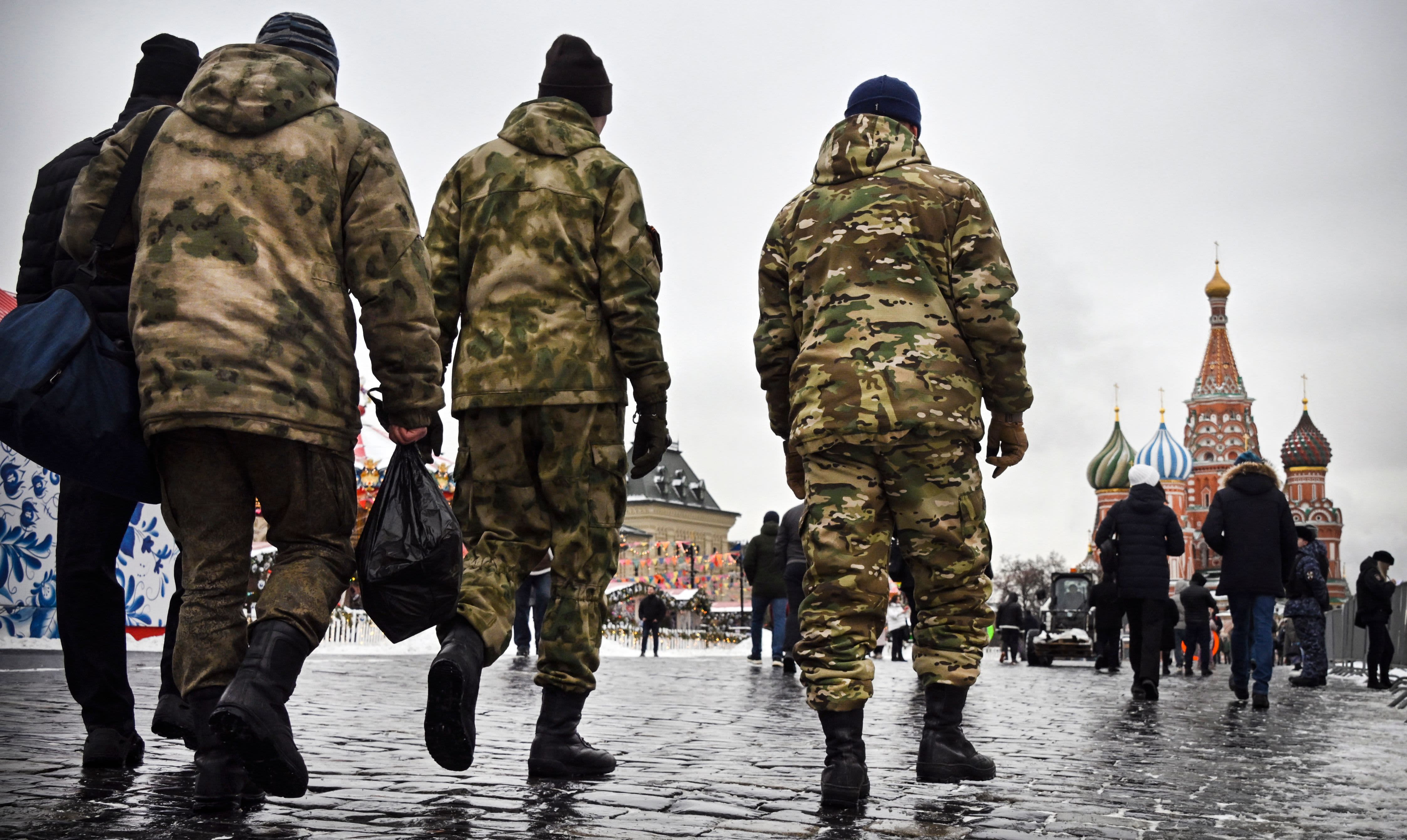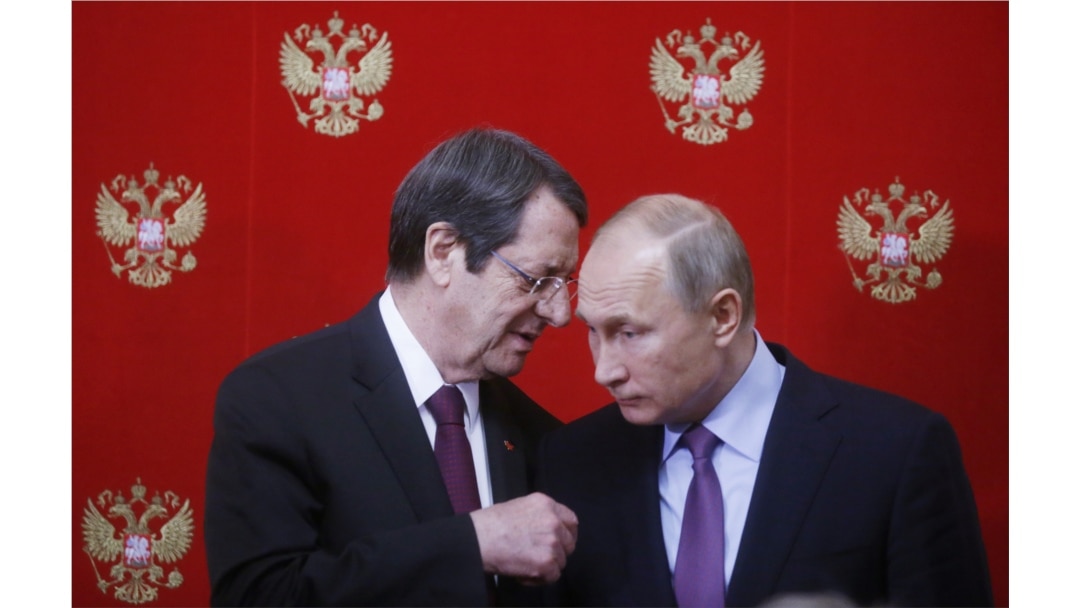The Cost Of Ukraine War, Russia Mulls Higher Taxes For Rich And Companies; Russian Economy Completely Driven By The War, Not Winning And Cannot Afford To Lose!

Russia has announced plans to raise taxes on businesses and the wealthy as it scrambles for additional revenue to fund its invasion of Ukraine.
Since the initiation of military action in February 2022, government expenditure has surpassed income by tens of billions of dollars due to sanctions disrupting profitable energy sales to Europe.
The Ministry of Finance revealed proposals, including revised tax brackets for high-income earners and an uptick in corporate taxes.
According to Interfax news agency, referencing calculations from the Finance Ministry, these adjustments are anticipated to generate approximately 2.6 trillion rubles ($29 billion) annually.
Finance Minister Anton Siluanov stated that these changes aim to establish an equitable and stable tax framework, asserting that the additional funds would enhance Russia’s economic stability. The proposed alterations are slated to take effect starting 2025.

Ahead of securing his fifth presidential term in March, President Vladimir Putin hinted at tax hikes for corporations and affluent individuals, marking a departure from the flat income tax rate that characterized his economic policy over the past two decades.
Presently, the income tax stands at 13 percent for the majority of Russians, while higher earners face a 15 percent rate.
However, under the proposed amendments, the 15 percent rate would be applicable to annual incomes ranging between 2.4 and 5 million rubles ($27,000-56,000), with progressively higher rates of 18 percent, 20 percent, and 22 percent for higher income brackets.
The peak rate would be levied on earnings exceeding 50 million rubles ($560,000).
Siluanov emphasised that these changes would impact 2 million individuals, with provisions for rebates benefiting families with two or more children.
Additionally, corporate tax rates are slated to rise from 20 percent to 25 percent, projecting an increment of 1.6 trillion rubles ($18 billion) to the budget in 2025 and 11.1 trillion rubles ($125.3 billion) by 2030, according to Interfax.
The Finance Ministry attributed the potential increase in corporate tax rates to the expanding share of profitable enterprises in the economy.
According to the Finance Ministry, soldiers engaged in combat operations in Ukraine will receive exceptional tax relief.
Russia’s combined budget deficit for 2022 and 2023 amounted to approximately 6.5 trillion rubles ($73 billion).
This year, the projected deficit stands at 1.6 trillion rubles ($18 billion), equivalent to around 0.9 percent of the gross domestic product (GDP).
 The Heavy Cost Of Ukraine War
The Heavy Cost Of Ukraine War
Russia finds itself in a shaky economic position, as its entire economy is now intertwined with the ongoing conflict in Ukraine and is caught in a delicate balance where neither victory nor defeat is financially sustainable.
Two years following its full-scale invasion of Ukraine, Russia continues to struggle with an unprecedented number of economic sanctions which have led to its exclusion from major global financial services, with approximately €260 billion (£222 billion) of its central bank assets frozen.
The restrictions extend further, with Russian airspace closed to most Western aircraft and Western ports inaccessible to Russian vessels.
Additionally, a formal limit has been imposed on purchasing or processing Russian oil sold above the $60 per barrel threshold despite world prices fluctuating between $80 and $100.
Moreover, there are legal constraints on selling goods to Russia that could be repurposed for military use.
 The Impact Of Sanctions
The Impact Of Sanctions
While sanctions have undoubtedly impacted Russia’s economy, it has not succumbed to collapse.
Instead, the economy has undergone significant transformation, with the nation’s focus squarely on sustaining a protracted conflict in Ukraine, which paradoxically drives economic growth.
Remarkably, the IMF anticipates Russia to achieve a GDP growth rate of 2.6% this year, surpassing projections for the UK (0.6%) and the EU (0.9%).
Similarly, Russia’s budget deficit, representing the government’s borrowing needs, is projected to remain below 1% of GDP, in contrast to figures of 5.1% in the UK and 2.8% in the EU.
A key factor contributing to this relative economic resilience is Russia’s robust and autonomous central bank.
Since 2022, the bank has implemented substantial interest rate hikes, currently standing at 16%, aimed at controlling inflation, which still hovers above 7%.
These measures are complemented by government-enforced controls that effectively prevent Russian exporters and the numerous foreign companies operating within Russia from repatriating funds abroad.
Together, these policies have mitigated a total collapse of the ruble by maintaining currency circulation within Russia’s borders.

Outsmarting Sanctions
Russian firms have also adeptly worked around sanctions, as illustrated by the restriction on oil cap.
While theoretically, Russian oil trading with the West should not exceed the cap, in practice, loopholes and a shadow fleet of uninsured vessels have enabled detection.
As a result, rather than crippling Russia’s public finances as intended, oil revenues have surged.
Numerous countries, including Turkey, China, Serbia, Bulgaria, and India, have acted as intermediaries, evading sanctions and continuing trade with Russia.
Often, these transactions involve dual-use goods, like microchips or communication equipment, with potential military applications. Despite efforts to tighten regulations, a comprehensive regime of extraterritorial trade sanctions remains elusive.
The resilience of the Russian economy, however, hinges significantly on the ongoing war in Ukraine.
Historically reliant on natural resource exports, Russia’s economy has benefited from soaring energy prices driven by the conflict.
Approximately 40% of the government budget is allocated to the war, with military expenditures expected to exceed 10% of GDP by 2023, far surpassing figures in the UK.
The war effort, which included military expenditures, personnel costs, and compensation, has become the primary driver of Russia’s economic growth.
Yet, victory is financially untenable, as the costs of occupying and rebuilding Ukraine would outweigh any potential gains, leaving Russia isolated and dependent on China.
However, a prolonged stalemate appears increasingly likely to avert total economic collapse.
Still, with industries redirected towards the war, compounded by labour shortages from casualties and emigration, Russia faces significant challenges in charting a new economic trajectory.
Despite its resource wealth, Russia lags behind former Soviet neighbours like Estonia and Poland, which embraced European integration.
However, the regime lacks the incentive to end the conflict and confront this economic reality, leaving Russia trapped in a cycle where neither victory nor defeat is affordable.




